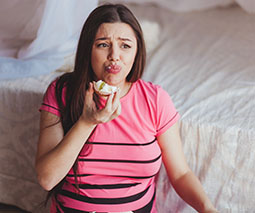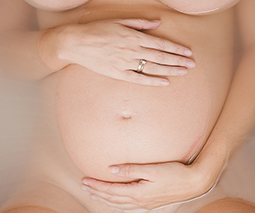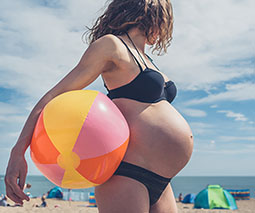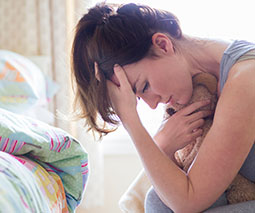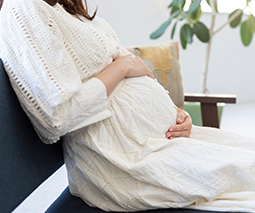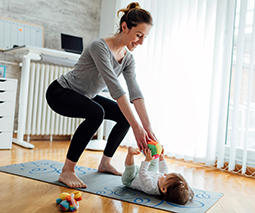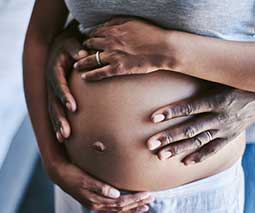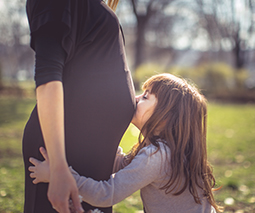Pooping during pregnancy: What you should know
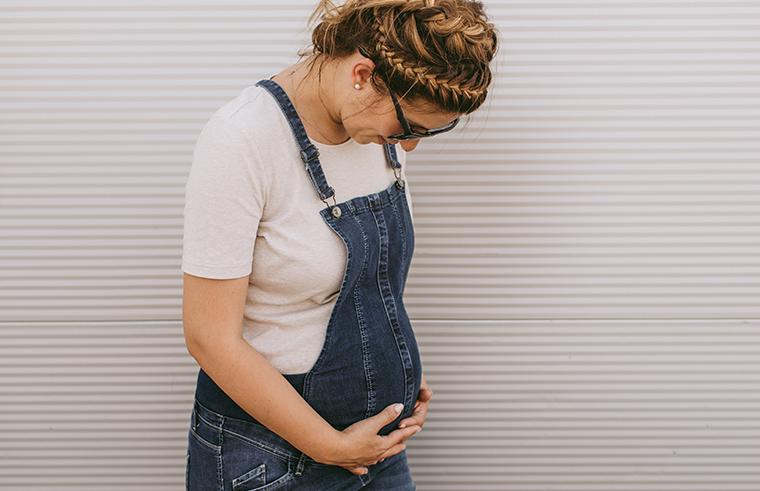
What’s going on in our guts when we fall pregnant and are growing a baby? A LOT, it turns out. In fact, pregnancy brings with it some shifts that directly impact our gut health … and our poop!
The amazing gut
Did you know that digestion begins in your mouth well before any food reaches your gut? The food then winds its way to your bottom as part of this truly remarkable process. What happens along the way when you are pregnant, however, can be a bit mystifying and quite different to pre-pregnant days.
The gut’s microbiome – which provides a range of beneficial properties – is primarily located in the gastrointestinal tract. The microbiome can affect how we feel, so looking after your gut is obviously important.
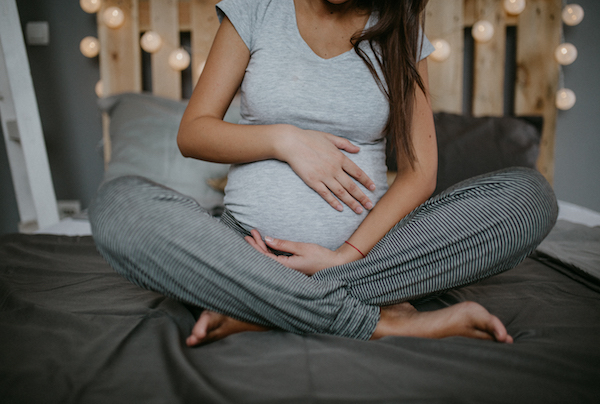
Pregnancy poop 101
So, how else can you keep your gut healthy and happy as you grow a little human? Tweaking your diet to consider nutrition is a great place to start, especially when you consider the host of digestive and poopy complaints pregnant ladies often report.
And look, while we’re talking about poop, let us count the ways that gut health and pregnancy might change things up in that department. If you’re going through these things you are NOT ALONE!
1. Constipation
Hormones, changes in physical activity levels, physiological shifts and changes in diet can all contribute to constipation in expectant mums. Pregnancy vitamins also often contain an iron supplement that can be constipating. A diet high in fibre, drinking plenty of water and daily exercise can help shift things.
2. Uncomfortable pooping
Pooping can sometimes be uncomfortable during pregnancy due to a common side-effect – haemorrhoids. Haemorrhoids are swollen veins inside the back passage that can become enlarged when carrying a baby. If you’re enduring this uncomfy condition, there are many different treatments that can relieve discomfort and make pooping easier. But remember, it’s always best to visit your doctor for guidance and advice.
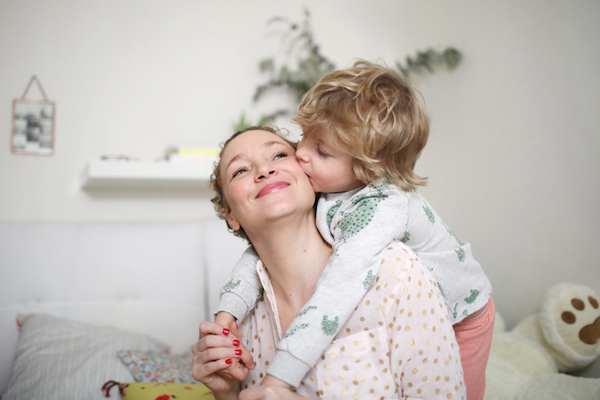
3. Diarrhoea
Diarrhoea is characterised by the passing of three or more stools per day, usually with a loose consistency. Some women find they experience diarrhoea in early pregnancy, though it’s less common than constipation. Sometimes, shifting to a more nutritious diet – as many women do when they have a baby on board – can change their bowel movements temporarily. Hormones, drinking more water or changing the way they exercise can change things up too. If you’re experiencing diarrhoea, check in with your doctor to discuss relevant treatment.
4. Frequent pooping
Frequent bowel movements during early pregnancy, much like frequent peeing, are related to hormonal changes. It’s worth noting that many prenatal vitamin supplements contain docusate sodium, which acts as a stool softener, while some foods can also contribute to more frequent pooping. Avoid spicy, fried and fatty foods. This should right itself as you move into the second trimester.
Unsurprisingly, great nutrition, daily exercise, getting enough sleep and avoiding stress will also contribute to a healthier gut and may assist with your pregnancy poop problems. Fortunately, it’s short-term pain for a long-term gain!
This is a sponsored post for Life-Space Probiotics
